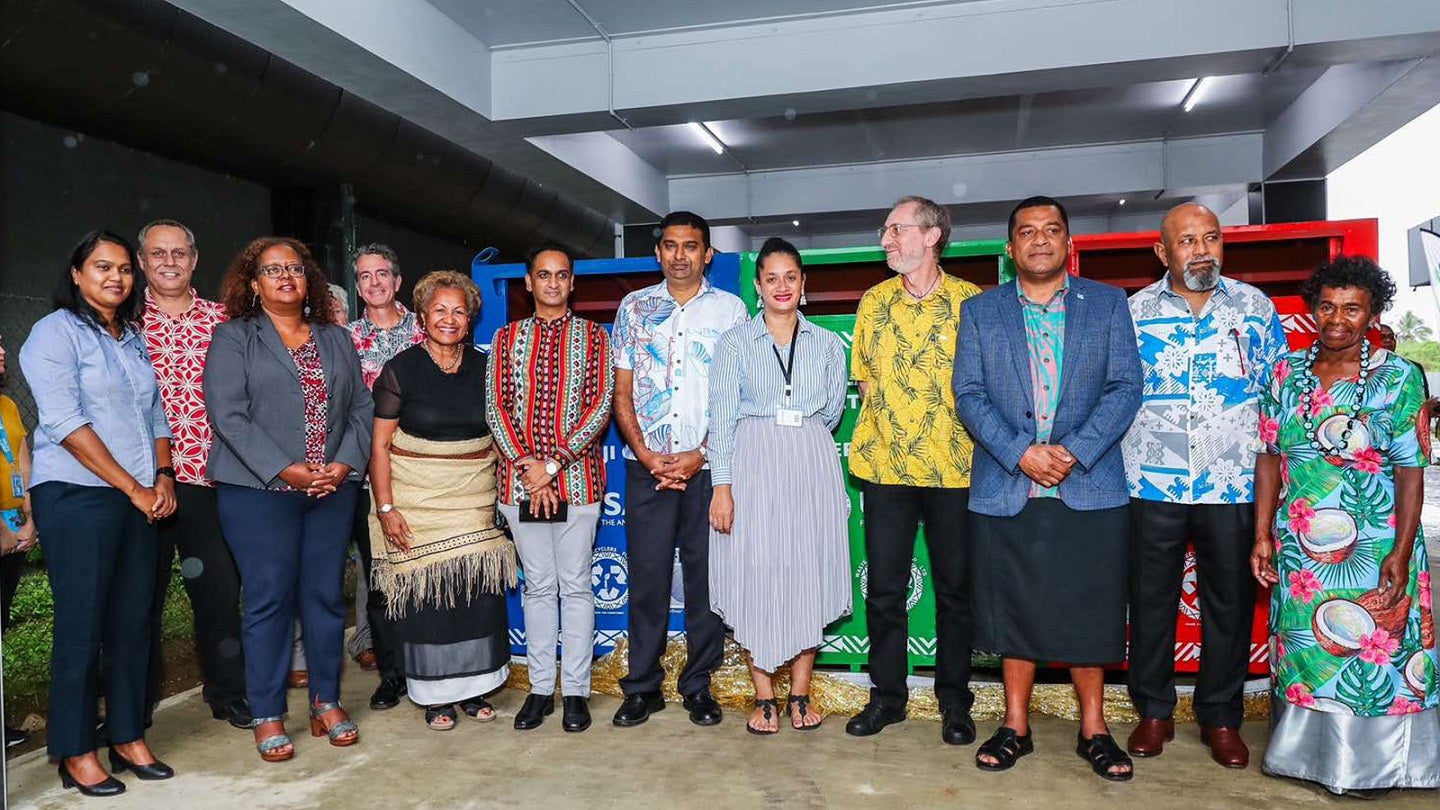
The United States Agency for International Development’s (USAID) assistant administrator for Asia Michael Schiffer has launched the I-Recycle Hub Bins, a new recycling bin in Suva City, Fiji.
Installed on the grounds of the Fiji Development Bank, this is the first of several new recycling bins provided to Suva City under a new grant that aims to address plastic pollution in the ocean.
Designed to hold up to 3 tons of recyclables, the new containers feature three to five colour-coded compartments for paper and cardboard, plastics, and cans.
The bins will simplify the collection process and strengthen it economically and socially.
The USAID provided the grant under its Clean Cities, Blue Ocean (CCBO) programme, a flagship global scheme to reduce ocean plastic pollution.
The waste containers were designed and built by grantees Waste Recyclers Fiji (WRFL) and Pacific Recycling Foundation (PRF).
How well do you really know your competitors?
Access the most comprehensive Company Profiles on the market, powered by GlobalData. Save hours of research. Gain competitive edge.

Thank you!
Your download email will arrive shortly
Not ready to buy yet? Download a free sample
We are confident about the unique quality of our Company Profiles. However, we want you to make the most beneficial decision for your business, so we offer a free sample that you can download by submitting the below form
By GlobalDataSchiffer said: “We support Fiji’s efforts and initiatives to promote recycling by increasing public awareness of, and locally-led action toward, waste collection. Through CCBO, USAID is proud to support our local partners in Fiji and across the ‘big ocean’ states as they remain at the forefront of environmental protection.”
The project was launched in the presence of WRFL CEO and PRF founder Amitesh Deo, Fiji Development Bank CEO Saud Minam, Ministry of Local Government Minister Maciu Nalumisa, and others.
Deo added: “The Collection Pillars of Recycling [previously known as informal waste collectors] are very important in the waste value chain. Increasing their engagement is crucial while emphasising and maintaining their dignity and to divert more plastics and other recyclables from the landfill and prevent these from leaking into the environment.”



